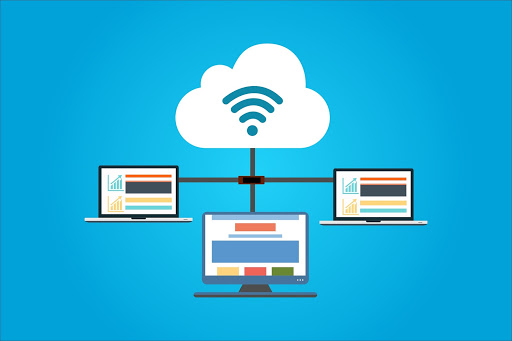
Most modern businesses’ IT infrastructures rely on servers for various operations, including everything from hosting the website to storing the data.
If your business IT infrastructure relies on servers, you need to make sure that the server is reliable, cost-effective, and fast, and the two best server platforms are cloud and dedicated servers.
But which of the two is right for you? Should you stick to a dedicated server or upgrade to a cloud server? The decision can be confusing, but don’t worry, here’s a guide to help you make that decision easier. Continue reading








 Whether it’s your computer’s internal unit or an external device, hard disk drives allow us to store electronic information. Also known as an HDD, you can store tens of thousands of files on each of these devices, so they can work as the archive of your business. Like other electronic devices, hard disk drives can fail and send any company into a small panic. There are many reasons these devices malfunction and there are several steps you can take to prevent it from happening. And, in case it’s too late, you may still be able to restore your information.
Whether it’s your computer’s internal unit or an external device, hard disk drives allow us to store electronic information. Also known as an HDD, you can store tens of thousands of files on each of these devices, so they can work as the archive of your business. Like other electronic devices, hard disk drives can fail and send any company into a small panic. There are many reasons these devices malfunction and there are several steps you can take to prevent it from happening. And, in case it’s too late, you may still be able to restore your information.